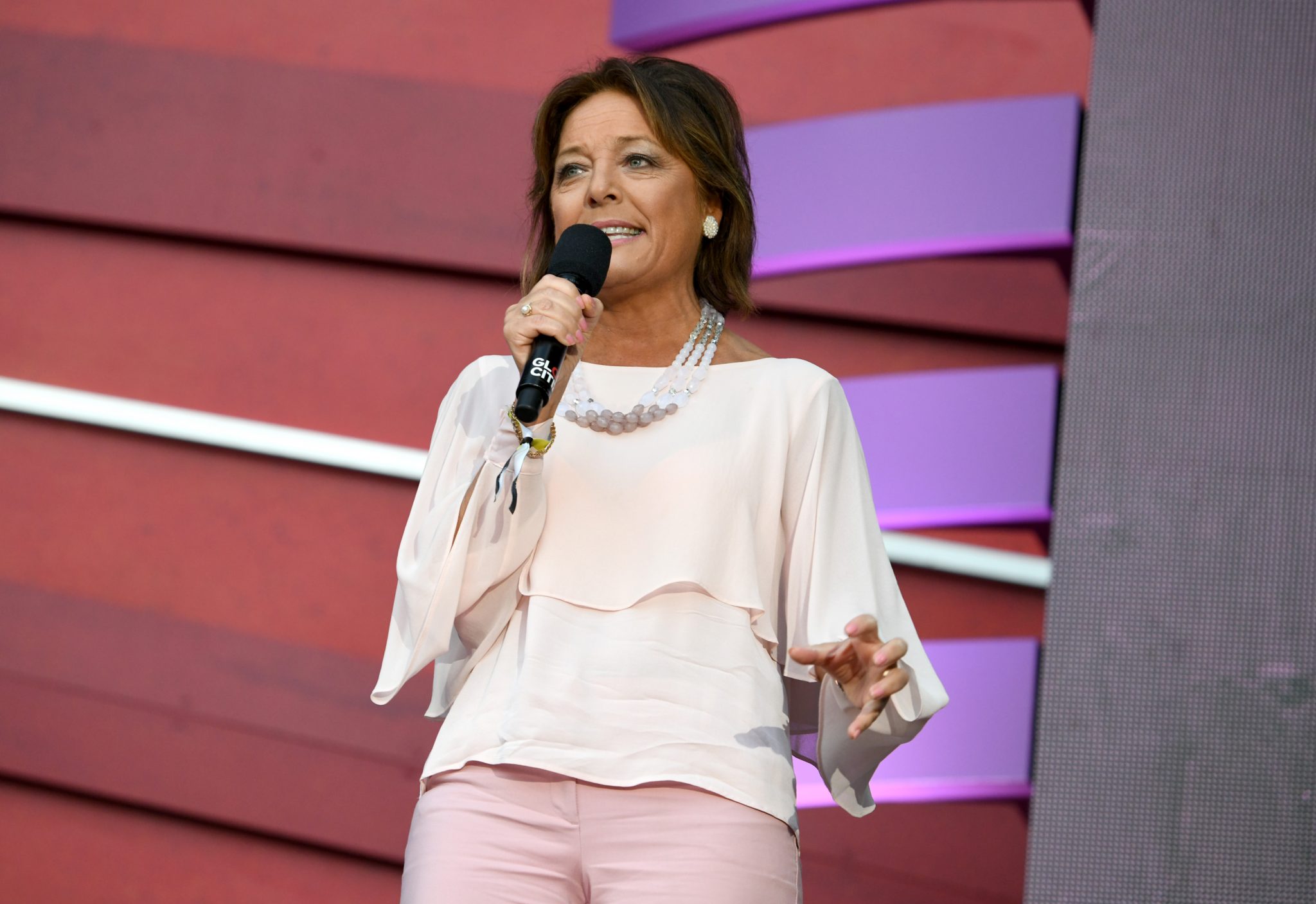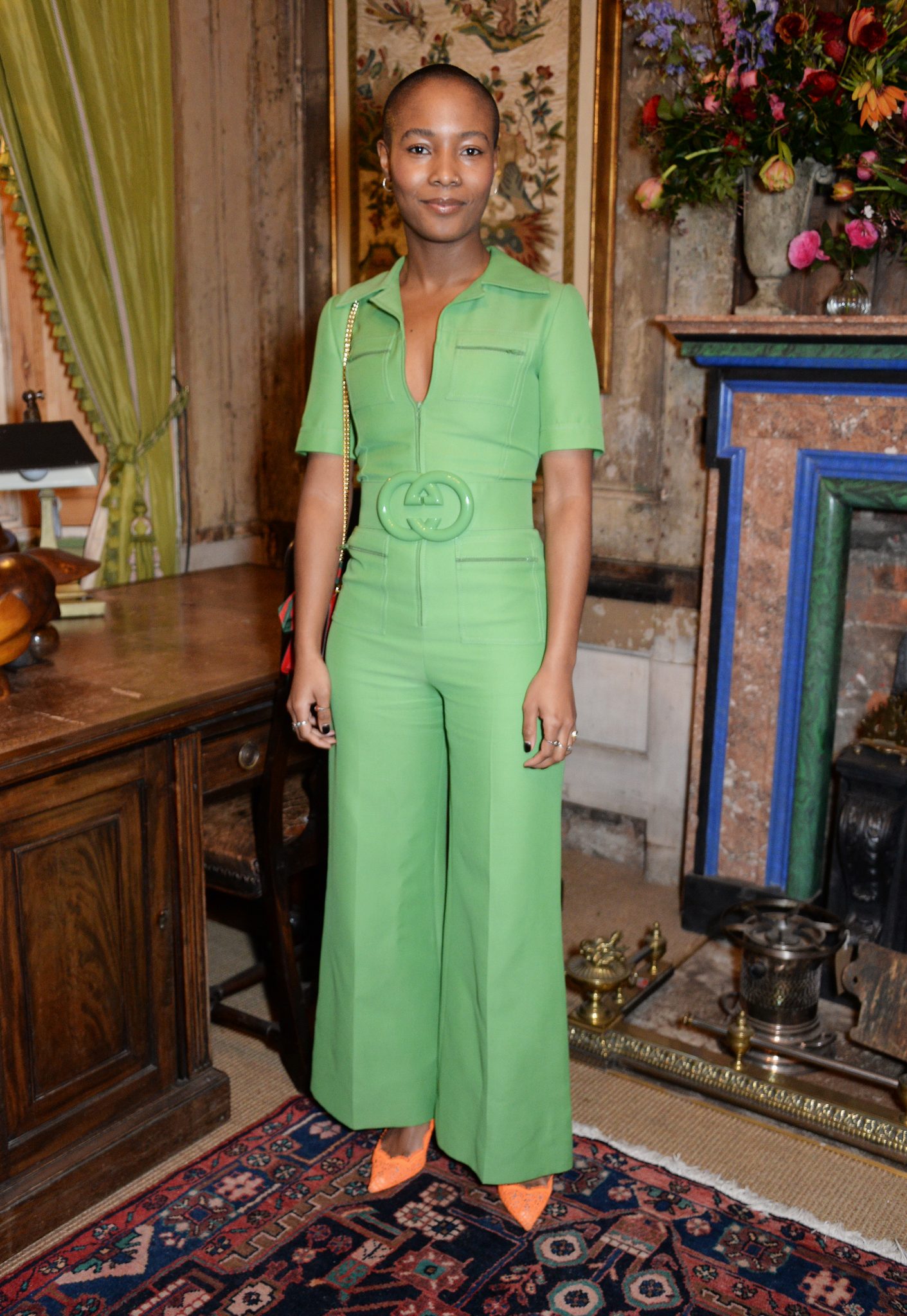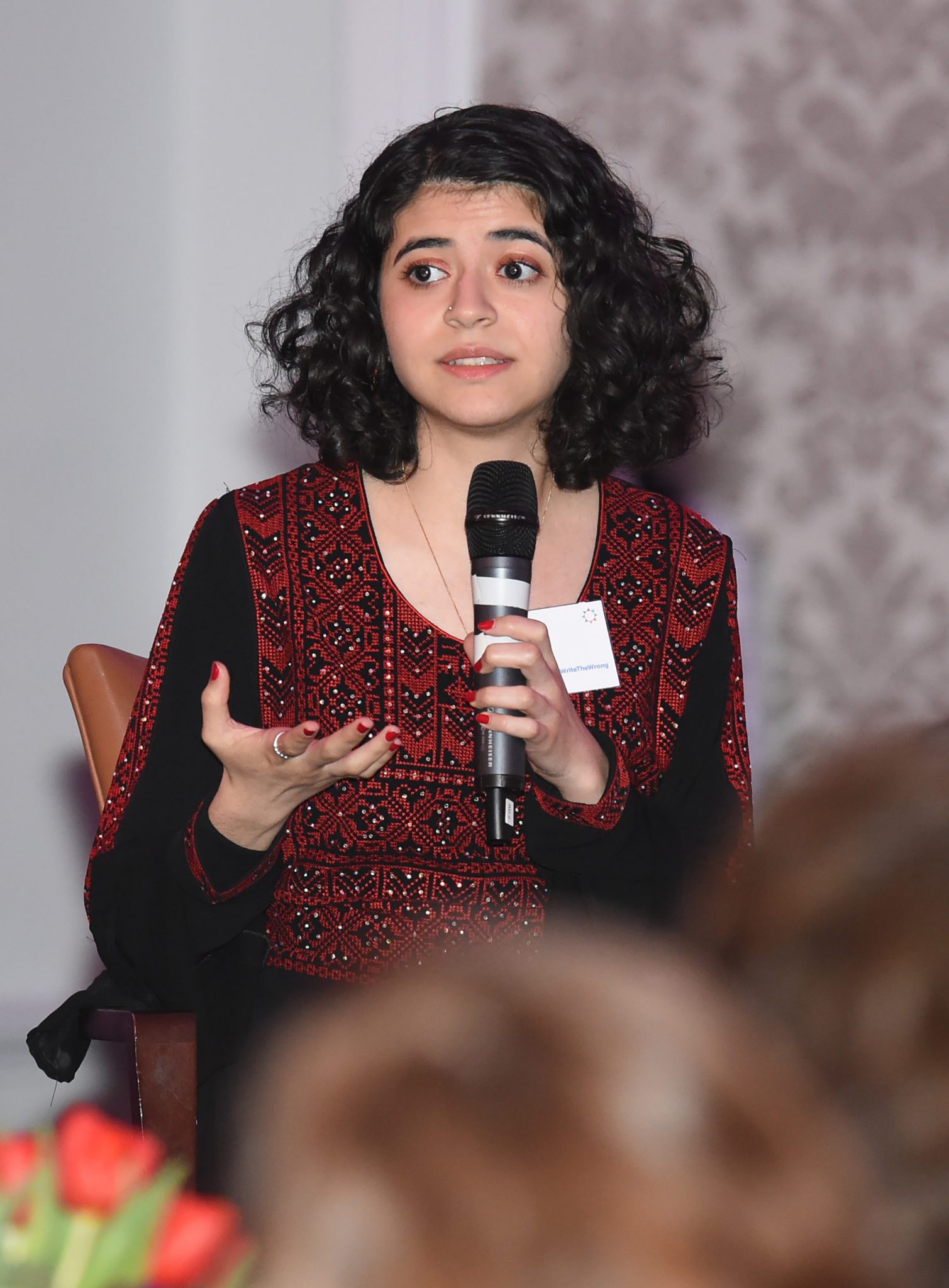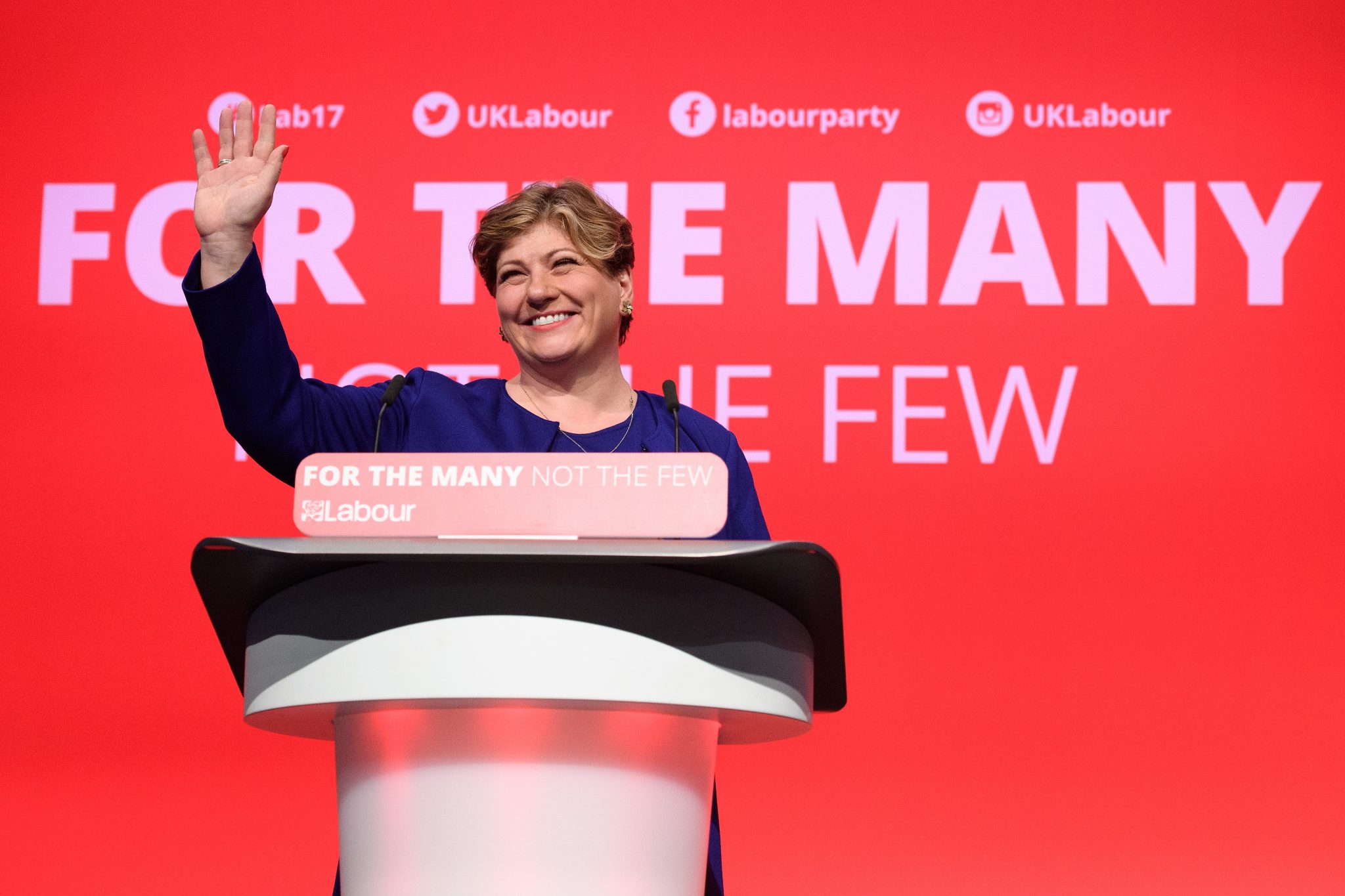MP Emily Thornberry, gal-dem editor Liv Little, NGO director Yasmine Sherif and campaigner Yara Eid discuss the true meaning of International Women’s Day
It’s OK to have mixed feelings about International Women’s Day. What began in the early 20th century as a radical socialist feminist event has morphed – particularly over the last decade or so – into something sprawling, all-encompassing and occasionally murky in its message.
Is it supposed to be a celebration of womanhood, or a protest against gender inequality? Should we feel happy that women’s contributions to the world are being recognised, or cynical about the fact that we need a special day for this to happen? And when will fast fashion brands stop trying to flog us ‘feminist’ T-shirts made by low-paid women in low-income countries?
All of these questions are valid. But at its core, International Women’s Day still serves an important purpose. It forces conversations about women’s achievements and global gender inequality into the mainstream – and it invites people of all backgrounds, ages and genders to consider what they can do to make the world a more equal place for men and women.
Pushing for global gender equality is at the heart of the mission of Theirworld, the international children’s charity launched by Sarah Brown in 2002. At an International Women’s Day breakfast, Brown discussed Theirworld’s #WriteTheWrong campaign, which spotlights the fact that over 260 million school-age children around the world are not getting an education. More than half of these children are girls – and girls are four times more likely to be out of school than boys from the same backgrounds. In low-income countries, fewer than two in three girls complete primary school. When we talk about glaring examples of gender inequality, this is what we mean.
In attendance at Theirworld’s event were hundreds of influential women working in the non-profit sector, business, politics, media and the arts. Stylist caught up with four of them to get their take on what International Women’s Day is really about.
Yasmine Sherif, director, Education Cannot Wait (ECW)

“International Women’s Day is a mark and a reminder of all the powerful, strong, intelligent women around the globe who have yet to be liberated from gender inequality.
“By having International Women’s Day on an annual basis around the globe, we remind each other that we’ve come a long way – and yet we have a long way to go.”
Liv Little, founding editor-in-chief, gal-dem

“I think International Women’s Day is good, it’s important, and, of course, we should commemorate it.
“But people should also remember that women exist the other 364 days of the year. Fundamentally, people should be working with women throughout the course of the year, not just for one day or one week. gal-dem’s mission statement is to empower women and non-binary people of colour, so for us it doesn’t stop after International Women’s Day. But I think some people use it as a tick box so they can say they’ve done something for women.
Another funny thing is that there are a lot of organisations which ask women to do stuff for free around this time of year, which is odd. So yeah, it’s a good day – but spread it out.”
Yara Eid, education campaigner and Theirworld Global Youth Ambassador

“I grew up in Gaza, Palestine where it’s very conservative. It can be a sexist community, and women are not treated equally to men. I grew up my whole life noticing these things in daily life – the discrimination against women. Women don’t go to work because [there is an expectation that] the man would support the family; women just have to cook and clean.
So for me, International Women’s Day is a celebration of pride. I am a woman and I am proud of that, and I believe I would not be the same if I wasn’t a woman. My experiences as a girl – back home, or even here [in the UK] in my daily life – have given me strength and hope to continue what I’m doing.
I feel like I’m the voice for many, many girls back home and around the world who don’t have a voice. So International Women’s Day is a reminder for me that there are so many girls out who are struggling; who don’t have freedom or independence. It makes me feel very lucky.”
Emily Thornberry, Labour MP

“I think International Women’s Day is a time to stop and reflect on how far we’ve come, but also how much further we have to go. Women’s lives are so different all over the world, and we all need to be able to move forward, but [we also have to remember] the different challenges that different women face. We have to make sure that essentially, women are able to make whatever choices they want, and that we don’t have barriers that continue to hold us back.
The more obvious barriers have gone in Britain, but there are still many more that are very subtle. I personally think that until and unless men take equal responsibility for the unpaid work that’s done in the home, we’re not going to get equality in Britain. That’s a really important change we need to make.
I think we’re starting to get there, because younger men are starting to take more responsibility for children – but I don’t really know how many of them clean the loo or do the ironing.”
Images: Getty
Source: Read Full Article
